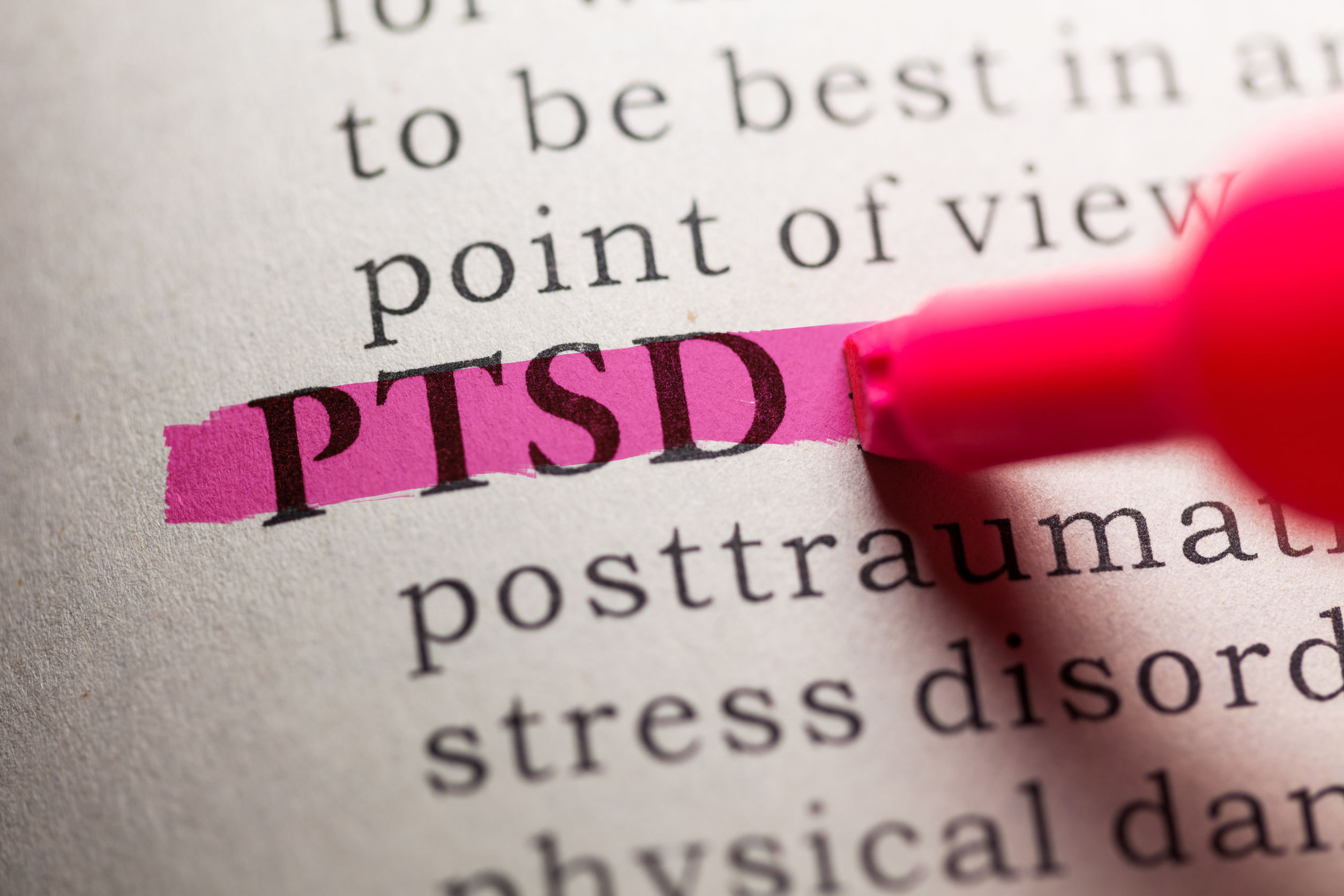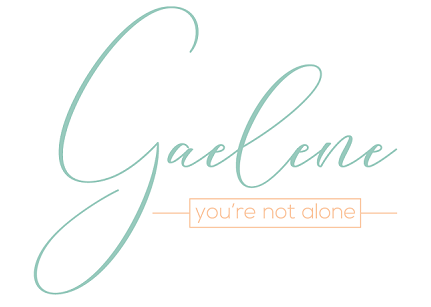
Have you found yourself reacting to situations you previously would have sailed through? Are you feeling anxious all the time, worrying about things you never worried about before? Do you feel nervous to be alone or feel as if something bad is about to happen to you? Are you avoiding reminders of an experience you’ve had, like places and people?
These are some typical signs of someone experiencing Post-Traumatic Stress Disorder (PTSD). For many of us, we may feel that we have changed following an event, but don’t know why or how. Some people experience PTSD as something that is tangible; for example, having flashbacks of what happened and feeling like they are re-living an ordeal over and over. While others may simply be aware of a raised level of anxiety and some paranoia about feeling unsafe.
The most common emotions range from anger, sadness, depression, mistrust, guilt, shame, hopelessness, anxiousness and fear
We tend to underestimate the impact that a traumatic situation has on our physical well-being. When our bodies go into shock, aches and pains or illnesses may become pertinent, even if the mind feels numb and detached from what’s happened. These reactions to PTSD can continue long into the future until it’s addressed.
Stress
PTSD can be very stressful as the world you know has changed; your feelings of safety have been shaken up and left you feeling exposed and vulnerable. There are a couple of ways you can support yourself through this time until you feel ready to reach out to a professional.
Breathing
Deep breathing helps to regulate your nervous system, leaving you feeling calmer, less anxious and more in control. The more deeply you can train yourself to breathe, for longer periods of time, the better response you will have.
Be Present
Be present by focusing on your ‘here and now’. Don’t allow your mind to get lost in the thoughts of what happened or what could have happened. Remind yourself that at this moment you are safe, going about your daily routine, doing what you do every day. Emphasize the fact that you are safe as many times as you need to reassure yourself.
Avoid stimulants
Avoid alcohol or drugs when you are working through difficult emotions, as this will only amplify what you are experiencing later on. Using alcohol or substances as an escape is a sign that you need support.
We are all unique and we go through our own process, on our own time. Eliminate pressure wherever you can. Be as gentle and as patient as is possible, with yourself and with those who are trying to love you through this. When you are ready, reach out to someone who is equipped to help you heal.
Post traumatic stress can be very stressful as the world you know has changed; your feelings of safety have been shaken up and left you feeling exposed and vulnerable. Almost everyone who has gone through this will experience a range of different emotions such as anger, sadness, depression, guilt, shame, anxiousness, fear or feeling overwhelmed. Most people recover from these intense emotions but if you find that you are still experiencing feelings of stress and feel afraid when you are not in any danger, you may need Post Traumatic Stress Counselling. Get in touch and allow me to help you become the strength of your experience.


Recent Comments